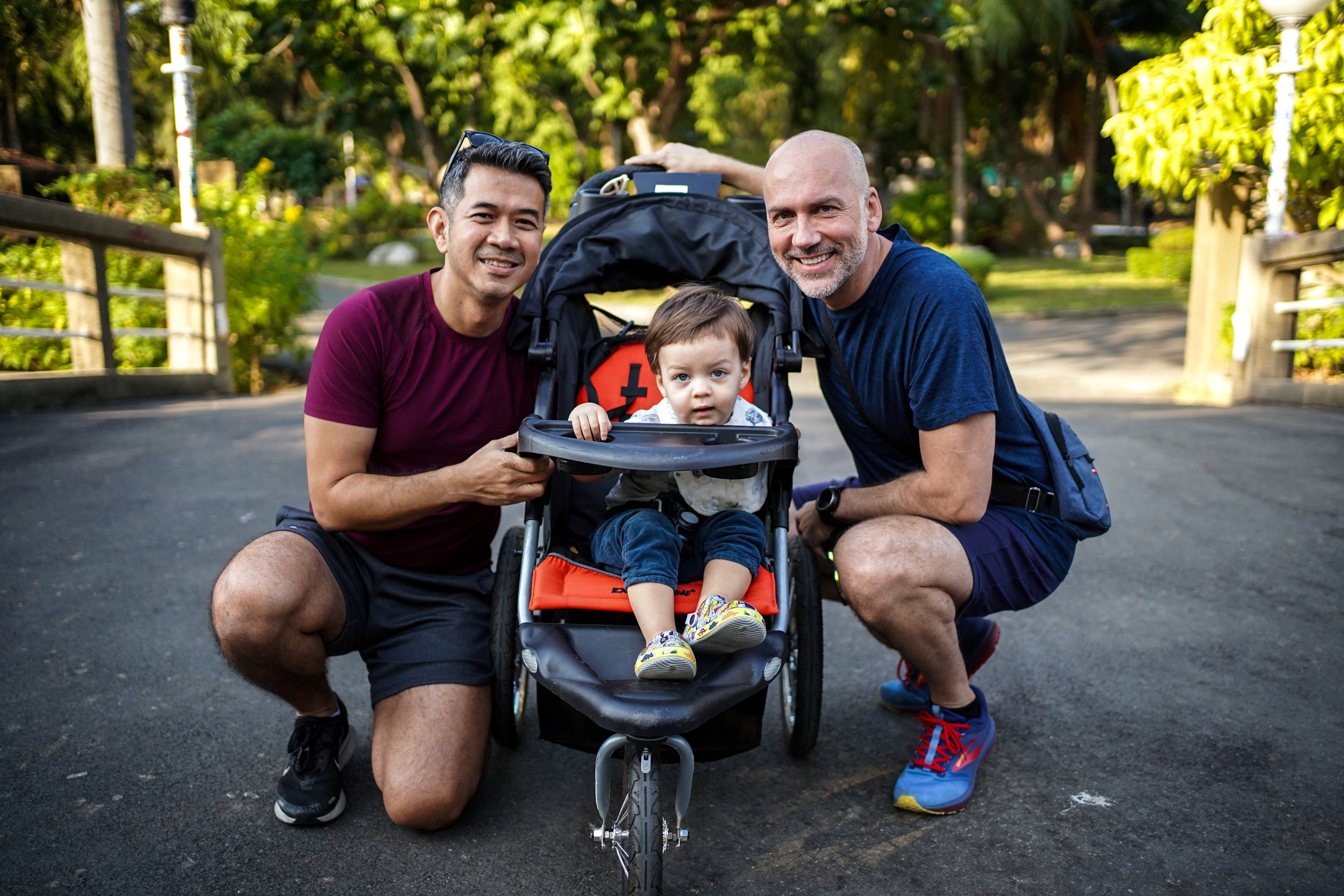Your support helps us to tell the story
From reproductive rights to climate change to Big Tech, The Independent is on the ground when the story is developing. Whether it’s investigating the financials of Elon Musk’s pro-Trump PAC or producing our latest documentary, ‘The A Word’, which shines a light on the American women fighting for reproductive rights, we know how important it is to parse out the facts from the messaging.
At such a critical moment in US history, we need reporters on the ground. Your donation allows us to keep sending journalists to speak to both sides of the story.
The Independent is trusted by Americans across the entire political spectrum. And unlike many other quality news outlets, we choose not to lock Americans out of our reporting and analysis with paywalls. We believe quality journalism should be available to everyone, paid for by those who can afford it.
Your support makes all the difference.
Thailand will this week become the first country in Southeast Asia to recognise marriages of same sex couples —but the law will not get rid of hurdles for those who are trying to build a legally recognised family.
The country’s marriage equality bill, passed by parliament last year, comes into force on January 22, capping decades of efforts by activists.
For American businessman Jacob Holder and his Thai husband Surapong Koonpaew, who married in the United States in 2023 before returning to Thailand, their union will be recognised under Thai law.
Soon after their wedding, the couple had a son, Elijah Bprin Holder Koonpaew, born through legal surrogacy in Colombia since that option is not available to same-sex couples in Thailand.
Elijah Bprin has the names of both of his parents on a US birth certificate, Jacob said, but the 18-month-old must live in Thailand on a tourist visa.

Elijah has no legal relationship with Surapong in Thailand due to the absence of a same-sex couple surrogacy law and the strict definition of a parent.
Thailand’s traditional definition of a family – a father being a man and a mother a woman – remains in Thai legal codes, in spite of the passage of the marriage equality law.
“Legally, they have no connection,” Jacob said of his son and his husband Surapong, a civil servant who also goes by the nickname Keng.
“If tomorrow, God forbid, something did happen to me, we have real concerns (about) what then happens between Keng and our son under the eyes of the Thai law.”
The Thai health ministry is working on a draft bill to allow same-sex couple surrogacy, but it is unclear how long the process will take and whether it would be successful.
Thailand’s new marriage equality bill will now allow same-sex couples to adopt a child.
But due to the legal definition of a parent, same-sex couple “qualification” as adoptive parents would, in practice, depend on official consideration, which experts say could lead to discrimination.
While some lawmakers tried to change the definition of a parent to a more gender neutral term when they were debating the marriage equality bill last year, their efforts were voted down by a majority of lawmakers.
“This is the mindset that’s very much imbued in the eyes of the lawmakers (and) within the text of the law itself as well,” said Mookdapa Yangyuenpradorn, a specialist at human rights group Fortify Rights.
“That poses as really a hindrance in us trying to push for including a gender-inclusive term like parents into the law.”
The new same-sex marriage law will create more momentum for greater inclusion of LGBTQ people in Thailand, which already has a reputation for its tolerance towards the community, according to analysts.
“We have come far in changing the law and there is some way to go for more inclusion,” said Nada Chaiyajit, lecturer at Mae Fah Luang University’s law school.
“We also still have to fight for social acceptance and that requires more than just changes to the law.”
Jacob and Surapong are planning on having another child soon and hope that Thailand will be a good place to raise a family.
“We want these people (lawmakers) to see that we can have a normal functioning family, just like everybody else,” said Surapong.

